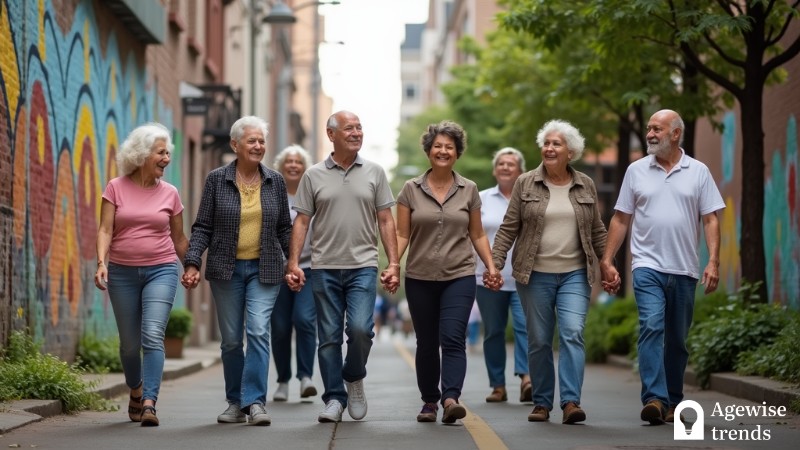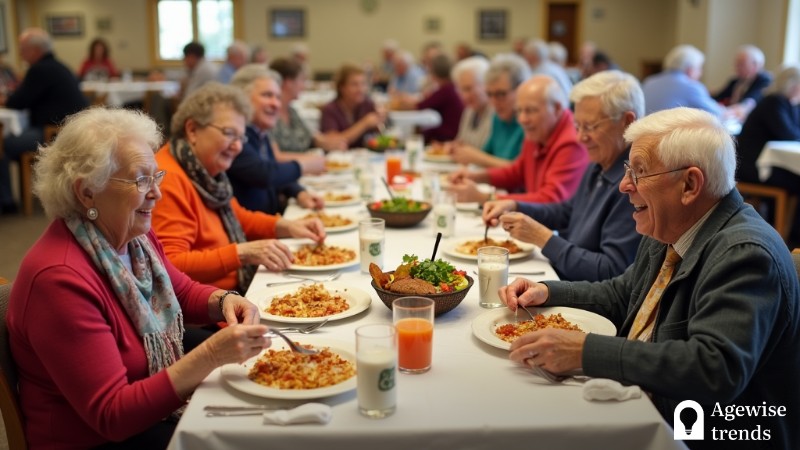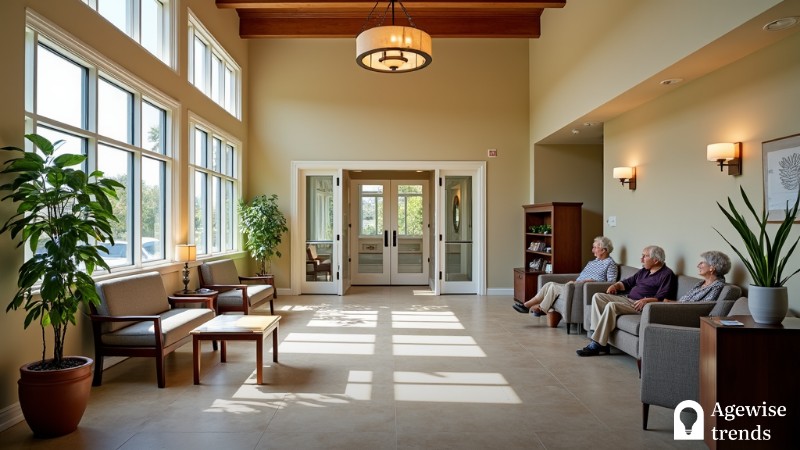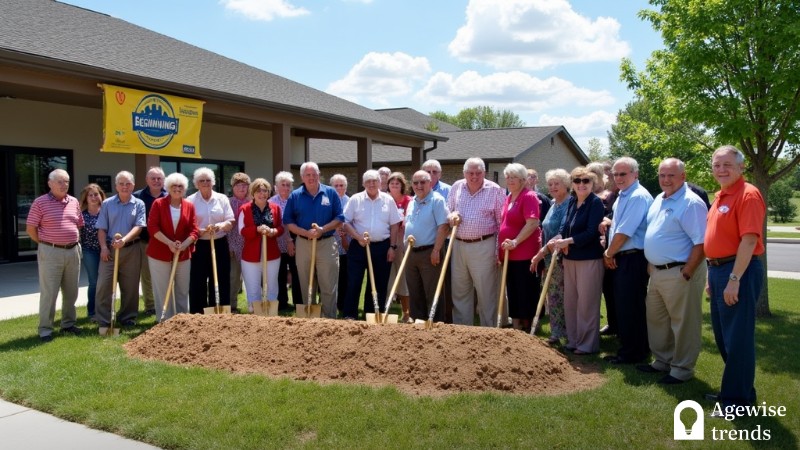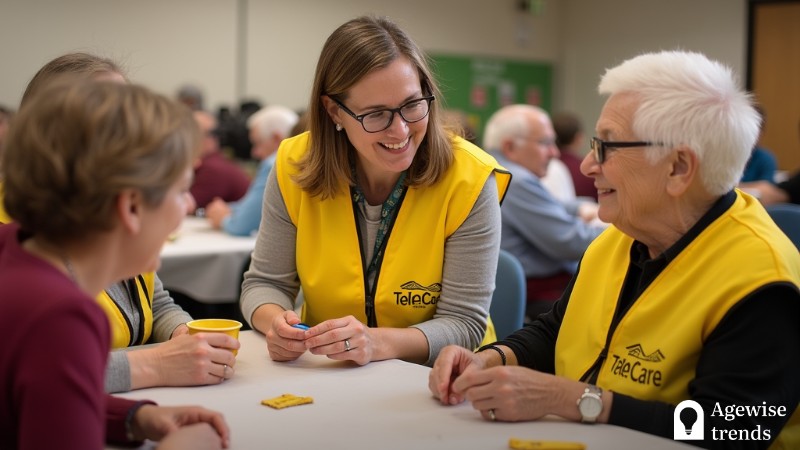Aging homelessness is an escalating crisis that affects a rising number of older adults, many of whom face health issues, isolation, and limited financial resources. In response, senior citizens themselves are stepping up to address this issue, with initiatives aimed at providing assistance, creating awareness, and improving living conditions for their peers experiencing homelessness.
The scope of the aging homelessness crisis
Homelessness among seniors is a growing concern, with individuals over 50 making up a significant portion of the homeless population, according to the U.S. Department of Housing and Urban Development (HUD). Factors such as declining health, job loss, and rising living costs leave many seniors vulnerable. The lack of adequate support further intensifies their struggles.
As the senior population grows, experts warn that senior homelessness will increase, making urgent intervention necessary. While governments and non-profits are key players, seniors themselves are increasingly stepping up to combat aging homelessness.
Senior community program events and volunteer efforts
Many older adults are actively advocating for the homeless through local programs and events. Senior community program events help raise awareness, funds, and mobilize action to address homelessness. Organized by senior centers, these activities provide opportunities for meaningful engagement while fostering a sense of community.
Local senior centers collaborate with organizations that offer temporary housing and healthcare services to homeless individuals. Volunteer opportunities allow older adults to contribute by preparing meals, collecting donations, and offering emotional support. These efforts help build connections and reduce feelings of isolation.
Participating in these events gives older adults a sense of fulfillment, enhancing their purpose and well-being. Senior center activities, such as seminars, group volunteer efforts, and awareness initiatives, enable collaboration and the development of sustainable solutions to address aging homelessness.
A collaborative effort to raise awareness
In North Bend, Washington, resident Megan Burch has organized an event to shed light on the challenges faced by seniors who are aging into homelessness. On February 2nd, the North Bend Theatre will host a screening of the documentary No Place to Grow Old, which highlights the struggles of older adults living without stable housing in Portland. Megan, who has partnered with the creator of Humans for Housing, believes that the event will inspire community conversations about affordable housing, a pressing issue in the region.
Megan’s passion for tackling senior homelessness has led her to collaborate with local organizations, including Reclaim’s Executive Director Jen Kirk. The event will feature a panel discussion with five local leaders specializing in homelessness and supporting vulnerable seniors.
These experts will share insights into the challenges older adults face and offer strategies for action. The event aims to encourage attendees to take part in solutions to senior homelessness in their communities. All proceeds from the event will benefit seniors experiencing homelessness, and tickets are available for $10 (USD).
How senior centers are fostering change
Senior centers play a key role in addressing aging homelessness by offering resources like financial counseling, healthcare, and safe spaces for socializing. Some centers also collaborate with homeless shelters to provide emergency accommodations.
These programs are vital for seniors facing housing insecurity, offering them a sense of belonging and dignity. By working with local charities, senior centers help connect homeless individuals with essential services. Additionally, senior centers empower seniors to advocate for systemic change. As volunteers, older adults raise awareness about the challenges of aging homelessness and influence policy decisions.
Building a more inclusive future for seniors
Seniors play a crucial role in addressing aging homelessness through community involvement, volunteer efforts, and senior center activities. Their engagement not only supports those experiencing homelessness but also fosters a more compassionate and inclusive society.
By volunteering, advocating, and participating in programs, seniors help create a supportive environment for their peers, ensuring no one is left behind in the fight against homelessness. Empowering seniors with the tools to take action is vital for lasting change in their communities. Supporting senior-led initiatives can lead to a future where aging homelessness is eliminated, and replaced by a compassionate care system for all ages.






